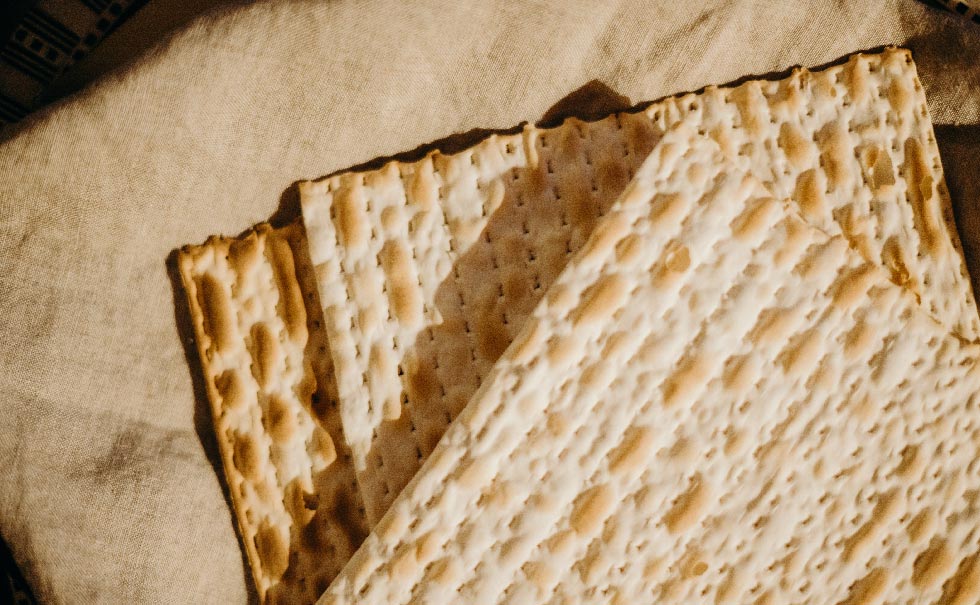Shabbat Tshuvah
The Human being is set in a very special and precarious situation, seemingly unlike other creatures it is uniquely aware of its own environment, internal reality and the inevitability of its own death.
Whilst medical science has aided us in both prolonging and developing our ease of life, it has not solved the mystery nor the terror of death – in the west we have attempted to “sterilize and sanitize death” – it remains perhaps the most taboo of all human experiences, a state that is nonetheless destined for all of us and yet and even then it is often with some personal degree of disbelief that we face it.
Man is somehow able to pretend he is immortal despite all evidence to the contrary, the heroes of the ancient pagan world were those who conquered the mystique of death, gaining immortality and defeating the most essential human terror: his own mortality.
Yom Kippur is a time when we need to think about the reality of our situation – who we are, where we have failed, what lies in store for us: our eventual passing from this world and the awaiting judgement above.
There are many approaches to the Torah and many possible Hashgophic[1] positions that can be adopted as part of the attainment of Torah and Good Deeds.
One difficulty perhaps, with our more modern and rationalistic mindset is our approach of study into the nature of the Next World:
So often, with a bit of formal studying and understanding we begin to see that the teachings regarding the Next World, the day of judgement, the concept of Reward and Punishment are cloaked in Metaphor and mysterious.
Another major difficulty is that the Tanach itself is essentially not focused on the question of the next world and leaves much of the discussion to the Oral Tradition:
Jewish Rabbinical sources on the next world are both diverse and complex, there is no single, monolithic view of the afterlife in Judaism. However, there are some common themes that emerge from our tradition:
The Mishnah[2] teaches that “the world to come” is a place where “there is neither food nor drink nor marital relations, and where neither business nor labor nor strife nor envy nor hatred nor competition exists.”
The Talmud[3] teaches that “the world to come” is a place where “the righteous will sit with their crowns on their heads and delight in the radiance of the Divine Presence.”
The Midrash[4] teaches that “the world to come” is a place where “there is no death, no sorrow, no sighing, and no pain.”
The Kabbalah[5] teaches that “the world to come” is a place where “the soul is reunited with its source in the Divine.”
The general returning theme is that the afterlife is a place of reward and punishment, the righteous Tzaddikim are rewarded for their good deeds in this life, while the wicked are punished for their sins.
We exist in a world where science and technology has permeated seemingly every facet of our lives, from our work and hobbies to the way communicate and understand our universe, despite this we know nothing more about what happens to our consciousness after death than our most ancient ancestors, as the old joke goes: it is something you need personal experience in to understand!
Shabbat Teshuvah gives us another insight into this discussion, as much as our reflection on this truth requires a mindset of trepidation and fear, fasting and focus it also requires us to be able to celebrate the people we have become, as Rebbe Nachman outlines[6] as a fundamental precept to Teshuvah, we cannot grow and regret the mistakes that we have made except from a position of recognizing the greatness and divine spark within ourselves: we are called to change not because we are sinners, but rather because the holiness and greatness of our being cannot tolerate the contradiction of wrongful behavior when we aspire to be and are capable of so much more than what we have thus far achieved.
Shabbat Teshuvah is about introspection and a call to return – to acknowledge our missteps, reflect on our actions, and aspire to return to our best self. It is, in essence, about the inherent human capacity for change and the realization that every moment offers a fresh opportunity for growth and amendment.
Yom Kippur, the Day of Atonement, carries an even deeper message. Beyond acknowledging our missteps and aspiring to change, Yom Kippur is about reconciliation – with oneself, with others, and, tradition would add, with God. It reminds us of the healing power of forgiveness and the liberating sensation of starting afresh in a new and unblemished year.
Yom Kippur calls to us to confront our vulnerabilities, regrets, and wrongdoings, to seek forgiveness and to forgive. It whispers the profound truth that it is never too late to amend, and no bridge is too damaged to correct.
In a sense, Shabbat Teshuvah sets the stage for personal reflection, which paves the way for the deeper redemptive and introspective experience of Yom Kippur.
Rabbi Jonathan Goldschmidt 2023 ©
[1] “worldview”
[2] Sotah 9:15
[3] Berachot 17a
[4] Midrash Rabbah on Genesis 25:8
[5] Zohar 2:242b
[6] Likutei Halachot: 1:2




